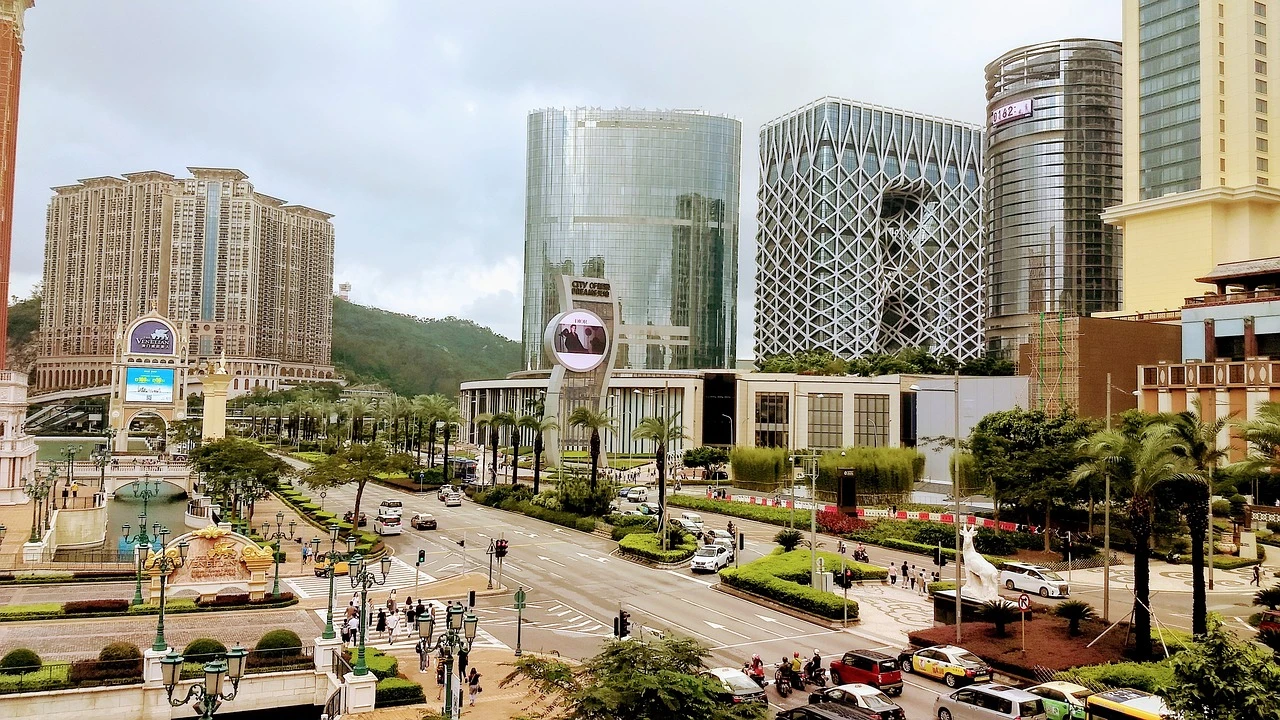Macau announces plan to criminalise illegal money exchanges

On Friday, government officials in Macau announced an amended law that would criminalise illicit money exchanges inside the city’s casinos. Legislative assembly chairman Chan Chak Mo said lawmakers will vote on the bill before the end of the year.
The proposed amendment, added to the draft “Law to Combat Gambling Crimes”, includes prison terms of up to five years. It would ban offenders from entering city casinos for two to 10 years. However, it carries no penalties for casino-goers who avail themselves of the unauthorised exchanges.
Illegal money exchanges help gamblers from mainland China circumvent Beijing’s strict controls on capital flight and cross-border gambling.
Government crackdown launched in June
In June, Macau’s ministry of public security announced a crackdown on the illegal money exchanges, without criminal penalties. The ministry linked the operations to fraud, thefts, money laundering and loan sharking, as well as kidnapping and murder.
Coincidentally or otherwise, the amendment was announced on 9 August, days after the murder of a man involved in the trade. The victim was discovered on 7 August in his Cotai hotel room, dead from stab wounds to the head and neck.
Local media report he had worked as part of a money-exchange gang since the beginning of the year. Just before the crime, he won big at a local casino, raking in about HK$2.5m (£251,000/€293,500/$321,000).
Two suspects have been arrested in the case, a mainland Chinese man and a Hong Kong woman. Both also were reportedly involved in the illicit exchanges.
The financial fallout
Analysts said the government’s tougher stance on illegal money exchanges was partly responsible for lower gaming revenue in June and July.
Macau casino stocks dropped on news of the proposed amendment. According to a Bloomberg Intelligence index, Galaxy Entertainment Group Ltd was down as much as 5.7%. Sands China Ltd shares decreased by as much as 5.2%.
“This negative news could add uncertainties and hurt the already fragile investment sentiment” against Macau gaming, wrote Citigroup analysts.
Officials say the crimes have “seriously affected social stability” in Macau, the only place in China where gambling is legal. They have pledged to disrupt the “entire industry chain” with targeted intervention, including increased border checks.
Through May, some 1,900 unauthorised money changers were apprehended in police stings and denied entry to Macau. Of those, 927 were reported to the Gaming Inspection and Coordination Bureau (DICJ) and banned from the city’s 30-plus casinos.
During the same five-month period, 30 Macanese were found to have taken part in the illegal operations.
